Research, News and Events
James is involved in a wide range of academic research, currently focussing his interests on vitreoretinal surgery, age-related macular degeneration, artificial intelligence and the exploration or ocular biomarkers for neurological disease. He is also actively involved in educational meetings and working with the leading UK eye charities.
39
Published Papers
18
Awards and Prizes
- View All
- 2026
- 2025
- 2024
- 2023
- 2022
- 2021
- 2020
- 2019
- 2018
- 2017
- 2016
- 2015
- 2014
- 2013
December 2025
Floretina 2025
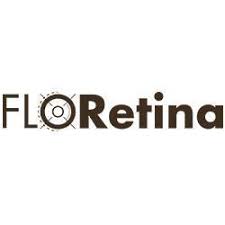
This month, Mr Neffendorf attended the Floretina annual meeting in Florence, Italy. This is one of the main highlights of the calendar in Europe for retinal meetings. It was a hugely enjoyable and educational event. During the visit, Mr Neffendorf was invited by Moria Surgical to participate in an advisory board of surgeons discussing the use of gases in retinal detachment surgery.
James Neffendorf
November 2025
BEAVRS Annual Meeting 2025

Mr Neffendorf attended the annual meeting for UK vitreoretinal surgeons in Glasgow. It was an excellent educational event overall. Mr Neffendorf was one of the judges for the national fellows video competition. There were some excellent entries covering subjects such as ocular trauma, retinal detachment and secondary intraocular lens placement. Congratulations to all the entrants and winner.
James Neffendorf, Mark Costen, Shohista Saidkasimova
September 2025
BEAVRS Video Competition

This month saw the semi-finals of the British and Eire Association of Vitreoretinal Surgeons (BEAVRS) Fellows Video Competition. Mr Neffendorf was one of a panel of judges. The standard of presented videos was very good and 5 videos were chosen for presentation at the annual meeting in November.
James Neffendorf, Mark Costen, Shohista Saidkasimova, Gerry McGowan, Alistair Laidlaw, David Yorston
September 2025
EURetina 2025
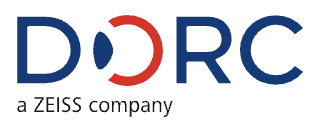
Mr Neffendorf was in Paris at EURetina 2025. He was invited by DORC/Zeiss to participate in an expert panel to formulate guidelines for the use of dyes during vitreoretinal surgery. These dyes are used in epiretinal membrane and macular hole surgery to improve surgical safety.
James Neffendorf, Dutch Ophthalmic Research Center, Zeiss
June 2025
Samsara Intraocular Telescope UK Expert Meeting
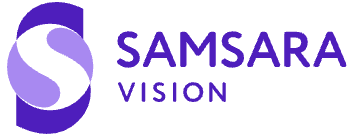
Advancing the Clinical Integration of an Intraocular Telescope (IOT) in Late-stage AMD in UK - Expert Meeting
It was a pleasure to be one of a small number of UK ophthalmologists invited to this meeting organised by Samsara to discuss the use of an intraocular telescope for patients with advanced age-related macular degeneration. This is an exciting technology that is being used throughout Europe and the USA as well as at a few centres in the UK.
James Neffendorf
May 2025
Lecture at Aesthetic Medicine Live 2025
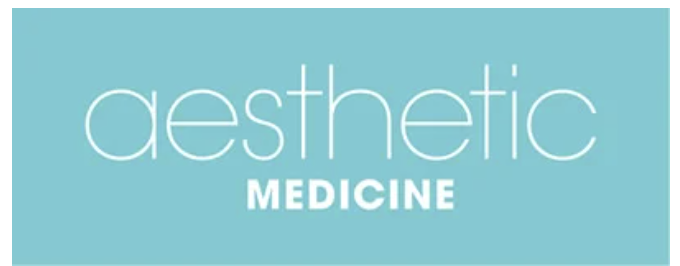
UK Guidelines for Filler Induced Vision Loss
Mr Neffendorf was invited to give a lecture on this important subject at the Aesthetic Medicine Live 2025 Conference in London. It is one of his areas of research interest, and relates to the ophthalmic complications that patients can have after dermal filler injections. He is leading a UK expert steering group on the publication of new guidelines.
James Neffendorf
March 2025
Publication in Survey of Ophthalmology

Presumed phototoxicity from macular vital staining with Brilliant Blue G and Trypan Blue: A post-market surveillance study, systematic review, and synthesis of the literature
This major review paper looked at the safety of blue dyes which are used during retinal surgery. The dyes are used to stain membranes on the retina primarily during macular hole or epiretinal membrane surgery.
James Neffendorf, Timothy Jackson
March 2025
Microsurgery Teaching to Medical Students at Barts and the London

It was a pleasure to be invited by Barts and the London Association of Plastic, Reconstructive and Aesthetic Surgery Society to teach medical students on microsurgical suturing. This was a well attended advanced workshop teaching medical students skills to become the surgeons of tomorrow.
James Neffendorf
December 2024
AI in Eye Care Webinar
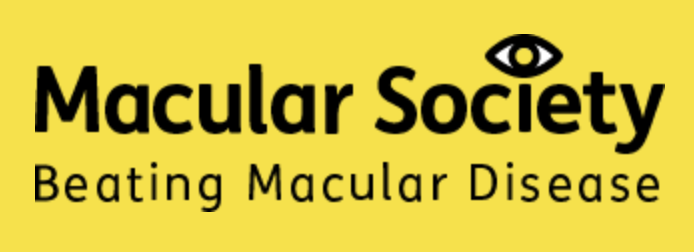
Mr. Neffendorf hosted a webinar for the Macular Society discussing artificial intelligence in eye care. There were a wide range of topics covered including how AI is being used at the moment, as well as the future avenues for its use.
Ocuplan and the Macular Society
November 2024
Consultant Education Evening
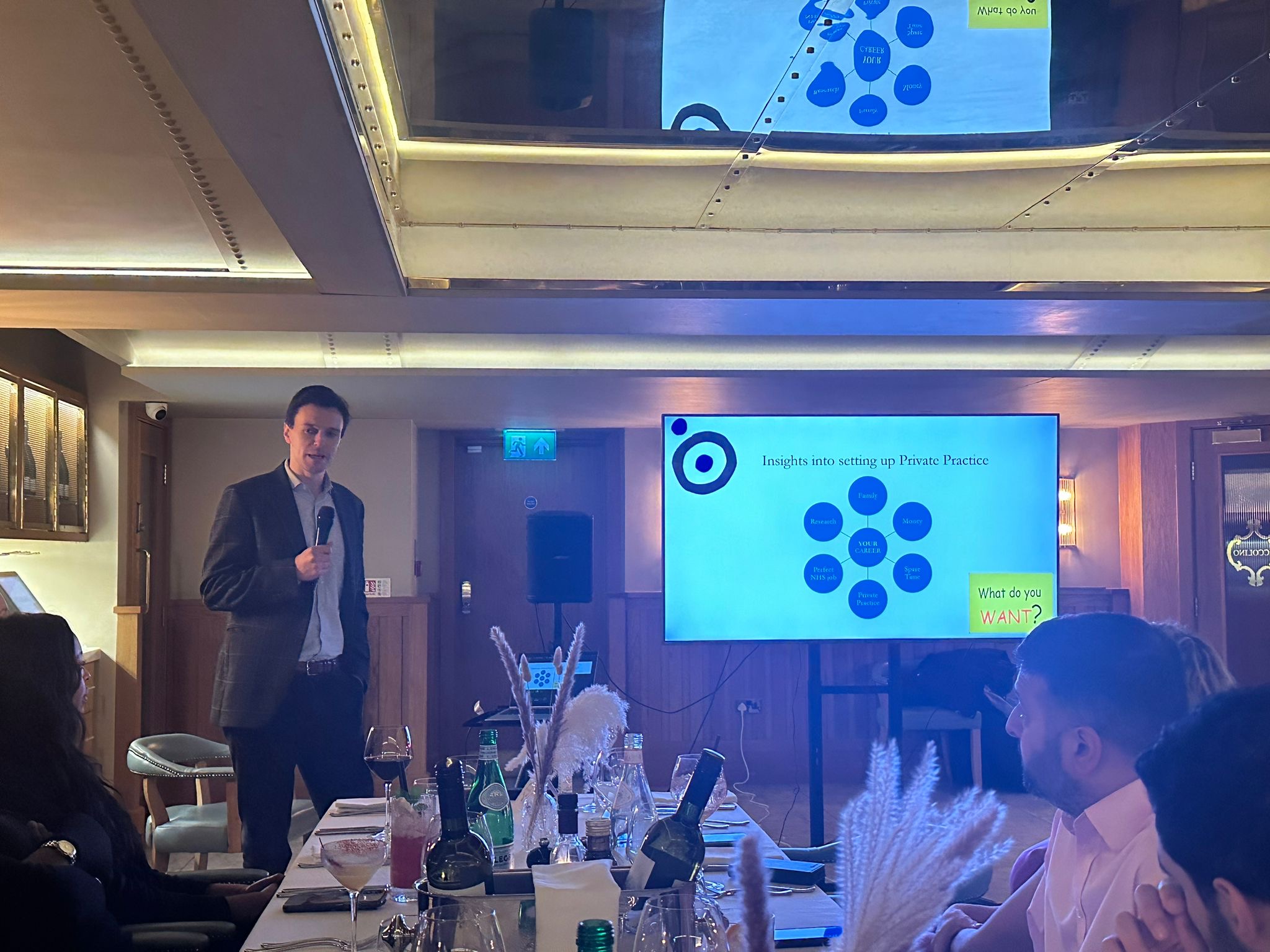
Mr. Neffendorf was invited by Thea Pharmaceuticals to present at an educational evening for consultants and fellows in ophthalmology. The presentation addressed various aspects of private practice including setting up a new clinic. Earlier this year, the London Lauriston Clinic opened, where Mr. Neffendorf serves as Deputy Medical Director.
James Neffendorf, Laura Maubon, Johnson Neo and Thea Pharmaceuticals
October 2024
CMAC Annual Meeting
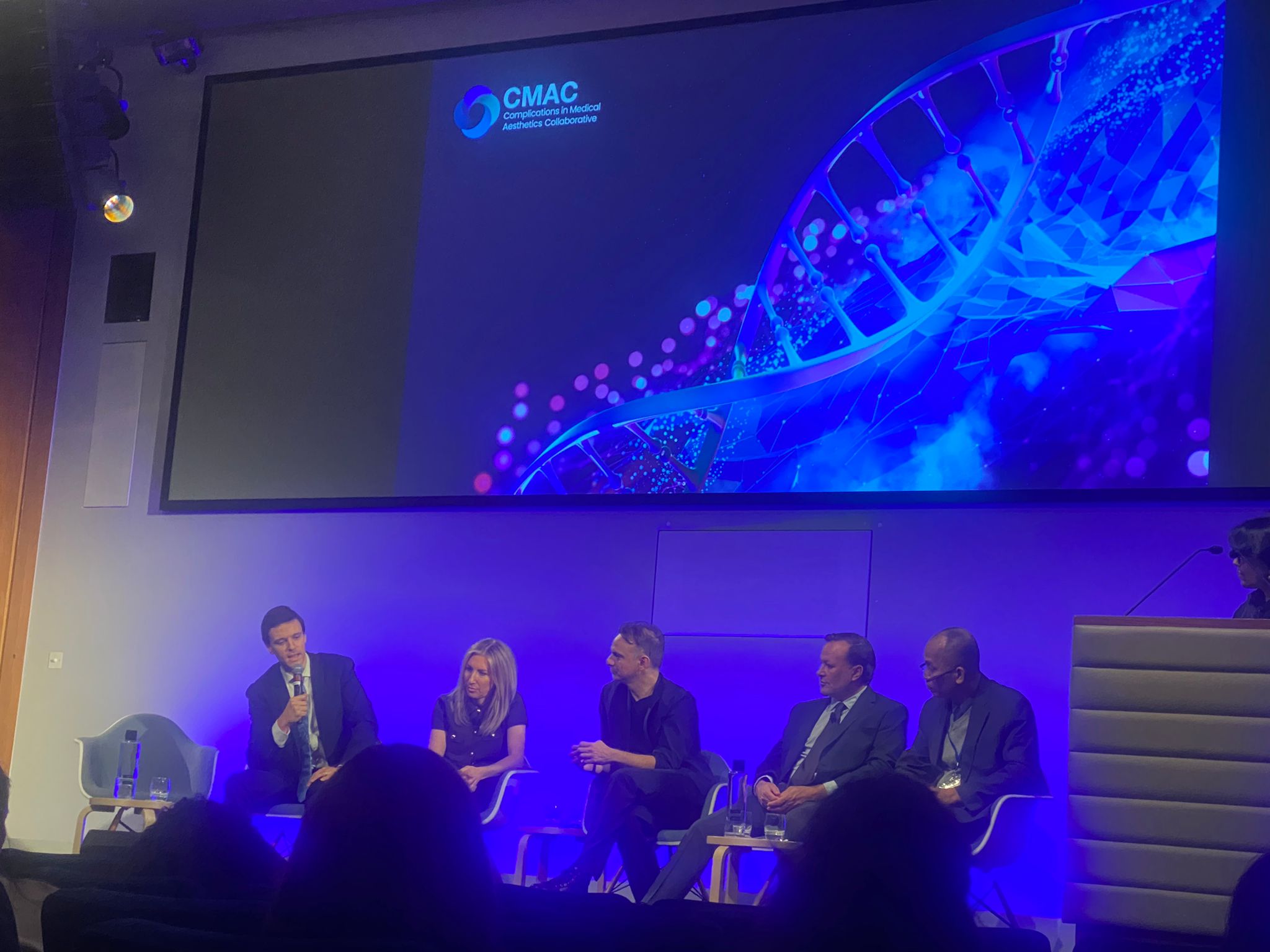
James was invited to present and be part of an expert panel at the Complications in Medical Aesthetics Collaborative Annual Meeting. The subject for discussion was vision loss secondary to dermal filler. James is leading the UK steering group to produce guidelines for management of this condition. He was joined on the expert panel by contributors from Australia, Vietnam and Norway.
James Neffendorf, Karim Sayed, Gillian Murray, Mike Clague, Nguyen Ha, Sabrina Shah-Desai
September 2024
Presentation at EURetina 2024, Barcelona

Is there a role for internal limiting membrane peeling and gas tamponade in the treatment of vitreomacular traction by vitrectomy?
This research on vitrectomy and vitreomacular traction was presented in Barcelona at EURetina 2024.
Urvi Patel, Jonathan Than, Timothy Jackson, James Neffendorf
September 2024
Presentation at EURetina 2024, Barcelona

Stereotactic radiotherapy for neovascular age-related macular degeneration (STAR): a pivotal, non-commercial, randomised, double-masked, sham-controlled device trial
This research on age-related macular degeneration and radiotherapy was presented in Barcelona at EURetina 2024.
Timothy Jackson, Riti Desai, Hatem Wafa, Yanzhong Wong, Janet Peacock, Tunde Peto, Usha Chakravarthy, Helen Dakin, Sarah Wordsworth, Cornelius Lewis, Patricia Clinch, Lisa Ramazzotto, James Neffendorf, Chan Lee, Joe O'Sullivan, Barnaby Reeves
August 2024
RNIB Charity Age-Related Macular Degeneration Factsheet
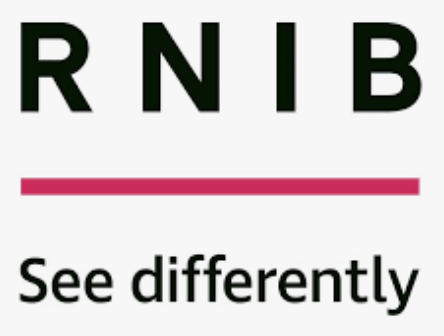
Mr. Neffendorf was invited by the RNIB charity to review and update their factsheet on age-related macular deneration (AMD) and anti-vascular endothelial growth factor (anti-VEGF) treatment. These are medications that are used to treat wet AMD. The webpage also contains a video featuring Mr. Neffendorf and one of his AMD patients that was produced 10 years ago.
James Neffendorf and RNIB
July 2024
Publication in The Lancet

Stereotactic radiotherapy for neovascular age-related macular degeneration (STAR): a pivotal, randomised, double-masked, sham-controlled device trial
Mr Neffendorf was part of a research team which published this pivotal research in The Lancet. The work reports the findings from a major trial assessing the use of stereotactic radiotherapy in age-related macular degeneration.
Timothy Jackson, Riti Desai, Hatem Wafa, Yanzhong Wang, Janet Peacock, Tunde Peto, Usha Chakravarthy, Helen Dakin, Sarah Wordworth, Cornelius Lewis, Patricia Clinch, Lisa Ramazzotto, James Neffendorf, Chan Ning Lee, Joe Sullivan, Barnaby Reeves
June 2024
Hjalmar Schiøtz Vitreoretinal Meeting - Oslo
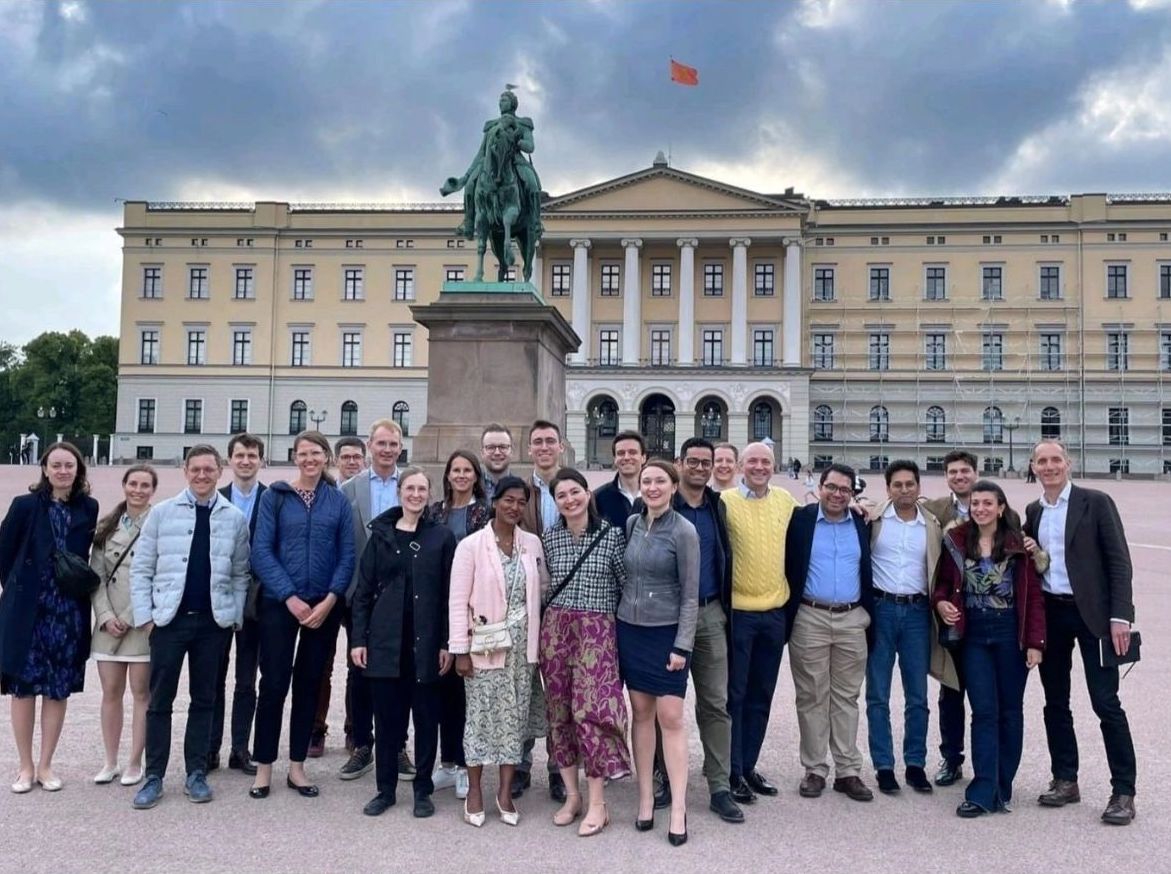
Mr. Neffendorf was invited to attend and present at this new retinal surgical meeting in Oslo, Norway. It brought together Vitreoretinal Surgeons from throughout Europe to share research, innovation and surgical technique.
James Neffendorf and Prof. Goran Petrovski
May 2024
Invited Judge - Théa Pharmaceuticals 'Lessons Learned Symposium'
Mr Neffendorf was invited to judge the presentations of London Ophthalmic Surgical Trainees at the Théa presentation evening. The quality of presentation submissions was high, with a focus on safety and learning from surgical mistakes. The winning presentation was on the subject of vision loss due to inflammation inside the eye.
James Neffendorf and Théa Pharmaceuticals
February 2024
Publication in Eye (Nature)

When is a 'one-stop' cataract service not a 'one-stop' service?
Mr Neffendorf led on this research looking at the efficiency of appointments for patients being assessed for cataract.
Afshaun Azad, Sophie Jones, James Neffendorf
January 2024
Publication in Acta Ophthalmologica

The implantable miniature telescope (IMT) new developments: The US and UK experience
Abstract published from the 2023 European Association for Vision and Eye Research Festival. Mr Neffendorf has been involved in telescopic IOL research since 2015.
Marc Levy, David Keegan, James Neffendorf
October 2023
EURetina Annual Meeting 2023, Amsterdam
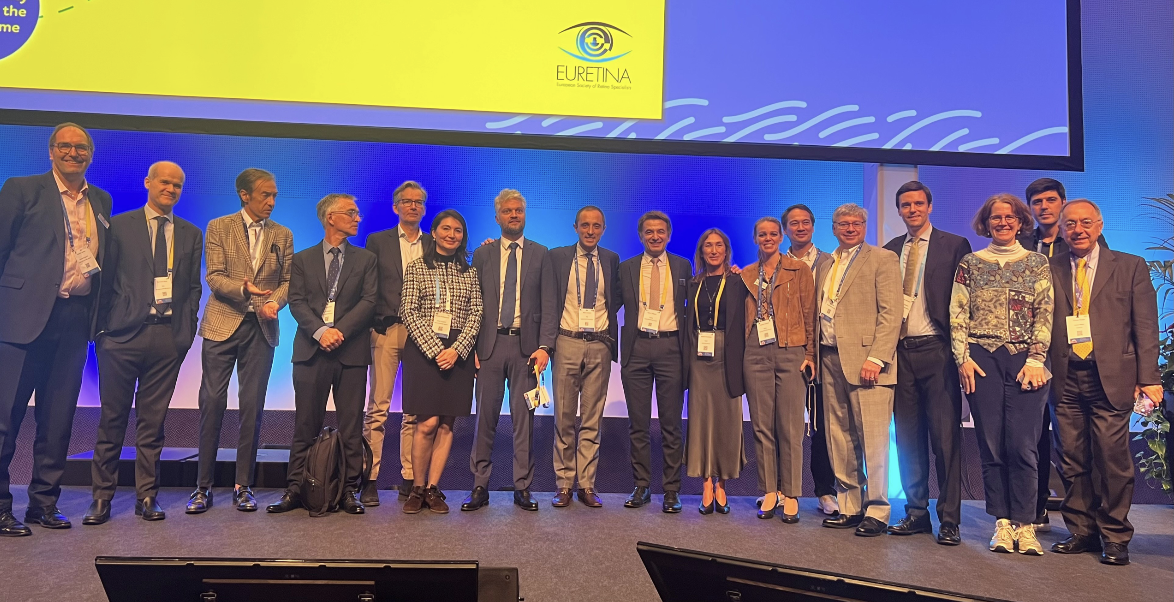
Mr Neffendorf was invited to contribute on the expert panel about chromovitrectomy. This relates to the use of dyes during vitreoretinal surgery to aid surgery on the macula, for example during macular hole or epiretinal membrane procedures.
ESASO Panel
October 2023
CMAC Annual Meeting
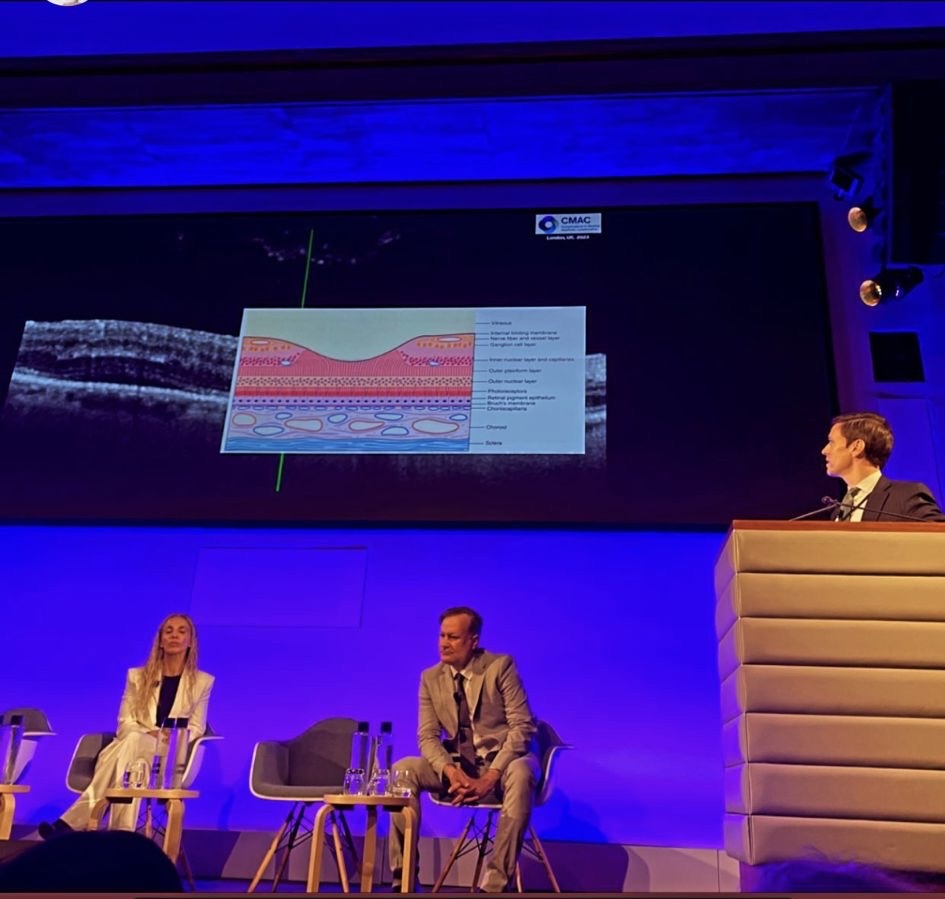
Mr Neffendorf was asked to give a presentation on the retina and it's blood supply. He sat on the expert panel at the CMAC Annual Meeting with colleagues from around the globe.
James Neffendorf, Gillian Murray, Mike Clague
February 2023
Publication in Multiple Sclerosis and Related Disorders
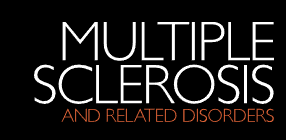
Myopia in late adolescence and subsequent multiple sclerosis among men
Mr. Neffendorf collaborated with neurologists and epidemiologists on this study of over 1 million Swedish men to investigate risk factors for multiple sclerosis.
Ayako Hiyoshi, Christopher Hawkes, James Neffendorf, Tomas Olsson, Gavin Giovannoni, Scott Montgomery
February 2023
Publication in Nephrology Dialysis Transplantation
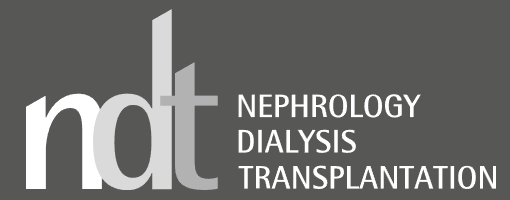
Effect of intravitreal anti-vascular endothelial growth factor treatment for neovascular age-related macular degeneration on renal function
Mr Neffendorf led on this research investigating whether injections used for AMD might affect kidney function.
James Neffendorf, Tracey Mare, Andrew Simpson, Cristina Soare, Varo Kirthi, Claire Sharpe, Timothy Jackson
May 2022
Publication in American Journal of Ophthalmology Case Reports

Retinal toxicity secondary to subconjunctival cefuroxime following pars plana vitrectomy: A case report and literature review
Mr Neffendorf supervised a medical student to publish this case report.
Antony Raharja, James Neffendorf, Tom Williamson
February 2022
Publication in British Journal of Ophthalmology

Epimacular brachytherapy for previously treated neovascular age-related macular degeneration: month 36 results of the MERLOT randomised controlled trial
Mr Neffendorf was part of the research team investigating the use of epimacular brachytherapy for age-related macular degeneration.
Timothy Jackson, Cristina Soare, Caroline Petrarca, Andrew Simpson, James Neffendorf, Robert Petrarcam Katherine Muldrew, Tunde Peto, Usha Chakravarthy, Luke Membrey, Richard Haynes, Mark Costen, David Steel, Riti Desai
November 2021
Publication in Optometry and Vision Science

The effect of intravitreal ocriplasmin on hue discrimination
Mr. Neffendorf led on this study investigating whether ocriplasmin treatment affects colour vision.
James Neffendorf, Varo Kirthi, Cristina Soare, Timothy Jackson
November 2021
Publication in Ophthalmology and Therapy

Confidence of UK ophthalmology registrars in managing posterior capsular rupture: results from a national trainee survey
Mr. Neffendorf was part of a research team that surveyed UK ophthalmology trainees to assess their ability to handle complications of cataract surgery.
Andrew Swampillai, Victoria Nowak, Laura Maubon, James Neffendorf, Dilraj Sahota, Olayinka Williams, Bansri Lakhani, Cristina Soare, Ivan Sychev, Edward Ridyard, Praveen Patel, Jonathan Park, OTCRN
August 2021
Publication in European Journal of Ophthalmology

Diagnostic sensitivity of vitrectomy and vitreous biopsy for vitritis
Mr Neffendorf was part of a research team looking at the diagnostic potential of vitrectomy in patients with uveitis (inflammation of the eye).
Neruban Kumaran, Shi Tan, James Neffendorf, Julian Robins, Giancarlo Dell'Aversana, Tom Williamson
April 2021
Publication in International Journal of Retina and Vitreous

Re: Concept and application of relaxing radial retinectomy for retinal detachment with advanced proliferative vitreoretinopathy
A response published to an article on the management of complex retinal detachment
Anna Grabowska, James Neffendorf, Tom Williamson
March 2021
Publication in Ophthalmology

Litigation in ophthalmology against the National Health Service in England
This research looked at cases of litigation against the NHS and was published in a leading international journal.
Varo Kirthi, James Neffendorf, Annakan Navaratnam, John Machin, Melanie Hingorani, Timothy Briggs, Alison Davis, Caroline MacEwen, Timothy Jackson
November 2020
Publication in Eye (Nature)

Safety of intracameral cefuroxime in pars plana vitrectomy
Mr. Neffendorf led on this large database research study of over 7,000 patients looking at safety of retinal surgery.
James Neffendorf, Neruban Kumaran, Teresa Sandinha, Roger Wong, Alistair Laidlaw, Tom Williamson
August 2020
Publication in Eye (Nature)

Urgency of retinal detachment repair: is it time to re-think our priorities?
Published research in Eye (Nature) looking at urgency of retinal detachment surgery.
Anna Grabowska, James Neffendorf, David Yorston, Tom Williamson
August 2020
Publication in OSLI Retina

Effect of aqueous dynamics on gas behavior following retinal reattachmnet surgery
Mr Neffendorf led on this mathematical theoretical study assessing gas behaviour in retinal surgery.
James Neffendorf, Jean-Yves Guillemaut, Joseph Hutter, Jason Ho, Tom Williamson
July 2020
Publication in JAMA Ophthalmology

Evaluation of month-24 efficacy and safety of epimacular brachytherapy for previously treated neovascular age-related macular degeneration. The MERLOT randomised clinical trial
Mr Neffendorf was part of the research team at King's for this large study of AMD patients that was published in the prestigious JAMA Ophthalmology journal.
Timothy Jackson, Cristina Soare, Caroline Petrarca, Andrew Simpson, James Neffendorf, Robert Petrarca, Alyson Muldrew, Tunde Peto, Usha Chakravarthy, Luke Membrey, Richard Haynes, Mark Costen, David Steel, Riti Desai
May 2020
Publication in Eye (Nature)

Personal protective equipment (PPE) for vitreoretinal surgery during COVID-19
Mr Neffendorf was invited to join a group asked to publish advice and standards for PPE during vitreoretinal surgery during the COVID pandemic.
Aman Chandra, Richard Haynes, Michael Burdon, Alistair Laidlaw, James Neffendorf, Ian Eames, Lyndon daCruz, Richard Lee, Stephen Charles, Peter Wilson, Andrew Dick, Declan Flanagan, David Yorston, Melanie Hingorani, Louisa Wickham
October 2019
Publication in Acta Ophthalmologica

Intravitreal ranibizumab for persistent diabetic vitreous haemorrhage: a randomised, double-masked, placebo-controlled feasibility study
Mr Neffendorf was part of the team at King's that published this research on patients with vitreous haemorrhage due to diabetes.
Robert Petrarca, Cristina Soare, Roger Wong, Riti Desai, James Neffendorf, Andrew Simpson, Timothy Jackson
June 2019
Publication in American Journal of Ophthalmology

Improved diagnosis of retinal laser injuries using near-infrared autofluorescence
Mr Neffendorf was part of the team who published this research on retinal laser injuries
Samantha De Silva, James Neffendorf, Johannes Birtel, Philipp Hermann, Susan Downes, Chetan Patel, Darius Hildebrand, Marin Gliem, Peter Charbel Issa
March 2019
Publication in Eye (Nature)

Handheld laser devices and laser-induced retinopathy (LIR) in children: an overview of the literature
Mr Neffendorf led on this major review of laser pointer injuries which was published in Eye (Nature).
James Neffendorf, Darius Hildebrand, Susan Downes
September 2018
Publication in Multiple Sclerosis and Related Disorders

Considerations for using Natalizumab treatment in patients with a history of choroidal melanoma
Mr Neffendorf led the team that published this work on patients with choroidal melanoma.
Abigail Kaye, Elizabeth Hawkes, Irina Gout, Ahmed El-Amir, James Neffendorf
August 2018
Publication in Retina

The role of intraocular gas tamponade in rhegmatogenous retinal detachment. A synthesis of the literature
Mr Neffendorf was first author on this review paper of gas used in retinal detachment surgery.
James Neffendorf, Bhaskar Gupta, Tom Williamson
August 2018
Publication in Retina

Intraoperative and postoperative complications in phacovitrectomy for epiretinal membrane and macular hole: a clinical audit of 1,000 consecutive eyes
Mr Neffendorf was a member of the research team at St. Thomas' Hospital, London, which published this research into patients undergoing combined cataract and retinal surgery for macular hole or epiretinal membrane.
Mark Fajgenbaum, James Neffendorf, Roger Wong, Alistair Laidlaw, Tom Williamson
October 2017
Publication in Cochrane Database of Systematic Reviews

Ocriplasmin for symptomatic vitreomacular adhesion
This Cochrane Review was published at King's with Mr Neffendorf as first author. Cochrane reviews are complex projects with stringent research methodology that are used to provide the highest level of evidence.
James Neffendorf, Varo Kirthi, Edward Pringle, Timothy Jackson
August 2017
Publication in Acta Ophthalmologica

Intravitreal gas for symptomatic vitreomacular adhesion: a synthesis of the literature
Mr Neffendorf was the first author on this research paper of patients with vitreomacular traction and macular hole.
James Neffendorf, Andrew Simpson, David Steel, Riti Desai, Dominic McHugh, Edward Pringle, Timothy Jackson
November 2016
Publication in Trials

StereoTactic radiotherapy for wet Age-Related macular degeneration (STAR): study protocol for a randomised controlled clinical trial
This research protocol for the STAR AMD study was published by the team at King's in Trials Journal.
James Neffendorf, Riti Desai, Yanzhong Wang, Joanna Kelly, Caroline Murphy, Barnaby Reeves, Usha Chakravarthy, Sarah Wordsworth, Cornelius Lewis, Janet Peacock, Shahir Uddin, Joe O’Sullivan, Timothy Jackson
October 2016
Publication in European Journal of Ophthalmology

Ethnic Variation in Vitreoretinal Surgery: Differences in Clinical Presentation and Outcome
Mr Neffendorf was part of the retinal research team at St. Thomas' Hospital which published this research on retinal detachment.
Bhaskar Gupta, James Neffendorf, Roger Wong, Alistair Laidlaw, Tom Williamson
September 2016
Publication in European Journal of Ophthalmology

Intraoperative Complications of Patients Undergoing Small-Gauge and 20-Gauge Vitrectomy: A Database Study of 4,274 Procedures
This research on patients undergoing retinal surgery was published in European Journal of Ophthalmology.
James Neffendorf, Bhaskar Gupta, Tom Williamson
August 2016
Publication in Retina Cases and Brief Reports

Widespread macular neurosensory detachment after ocriplasmin intravitreal injection
This case report was published on the subject of treatment of vitreomacular traction.
James Neffendorf, Lik Thai Lim, Irina Gout, Ahmed El-Amir
May 2016
Publication in Pharmaceutical Research

Hydrodynamic Radii of Ranibizumab, Aflibercept and Bevacizumab Measured by Time-Resolved Phosphorescence Anisotropy
Mr Neffendorf was part of the research team at King's College London investigating pharmacology of anti-VEGF drugs which are used in retinal diseases such as AMD, diabetic macular oedema and retinal vein occlusion.
Liisa Hirvonen, Gilbert Fruhwirth, Nishanthan Srikantha, Matthew Barker, James Neffendorf, Klaus Suhling, Timothy Jackson
May 2016
Publication in Acta Ophthalmologica

Trends and emerging patterns of practice in vitreoretinal surgery
This publication looked at various aspects of vitreoretinal surgery.
Bhaskar Gupta, James Neffendorf, Tom Williamson
April 2016
Publication in Ophthalmology

Epimacular brachytherapy for previously treated neovascular age-related macular degeneration (MERLOT): A phase 3 randomized controlled trial
Mr Neffendorf was part of the research team at King's which published this major trial into the use of radiation in the treatment of AMD.
Timothy Jackson, Riti Desai, Andrew Simpson, James Neffendorf, Robert Petrarca, Kelly Smith, Janet Wittes, Cornelius Lewis, Luke Membrey, Richard Haynes, Mark Costen, David Steel, Alyson Muldrew, Usha Chakravarthy
September 2015
Publication in Clinical Ophthalmology

Stereotactic radiotherapy for wet age-related macular degeneration: current perspectives
A review article on age-related macular degeneration.
James Neffendorf, Timothy Jackson
March 2015
Publication in Vision Research

Subretinal Visual Implant Alpha IMS – Clinical trial interim report
Mr Neffendorf was a contributor to this research project on the use of a visual implant to restore vision in patients with retinal degeneration.
Katarina Stingl, Karl Bartz-Schmidt, Dorothea Besch, Caroline Chee, Charles Cottriall, Florian Gekeler, Markus Groppe, Timothy Jackson, Robert MacLaren, Assen Koitschev, Akos Kusnyerik, James Neffendorf...David Wong, Eberhart Zrenner
November 2014
Publication in European Journal of Ophthalmology

Efficacy and safety of phenylephrine 2.5% with cyclopentolate 0.5% for retinopathy of prematurity screening in 1246 eye examinations
This research was published on safety of dilating drops used to examine the retina in retinopathy of prematurity screening.
James Neffendorf, Michael Mota, Kanmin Xue, Darius Hildebrand
October 2014
Publication in Multiple Sclerosis and Related Disorders

Kestenbaum's capillary number terst - a forgotten sign?
Revisiting the value of a test to look at the health of the optic nerve.
Elizabeth Hawkes, James Neffendorf
September 2014
Publication in Orbit

Adult alveolar rhabdomyosarcoma of the lacrimal sac
A case report on a rare condition was published in Orbit Journal.
James Neffendorf, Laura Bagdonaite, Hardeep Mudhar, Andrew Pearson
September 2013
Publication in New England Journal of Medicine

Ibrutinib in relapsed chronic lymphocytic leukemia
A publication in the prestigious New England Journal of Medicine.
James Neffendorf, Irina Gout, Darius Hildebrand